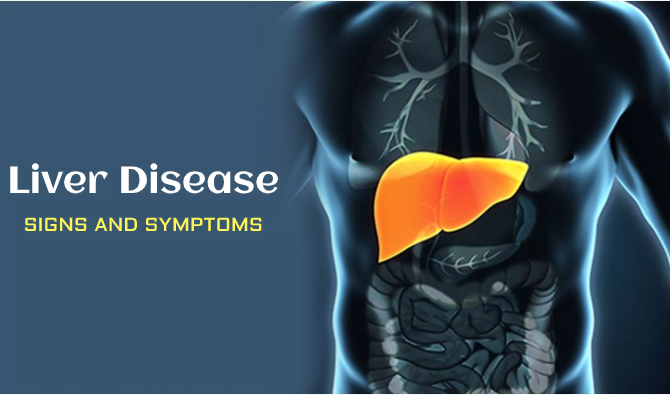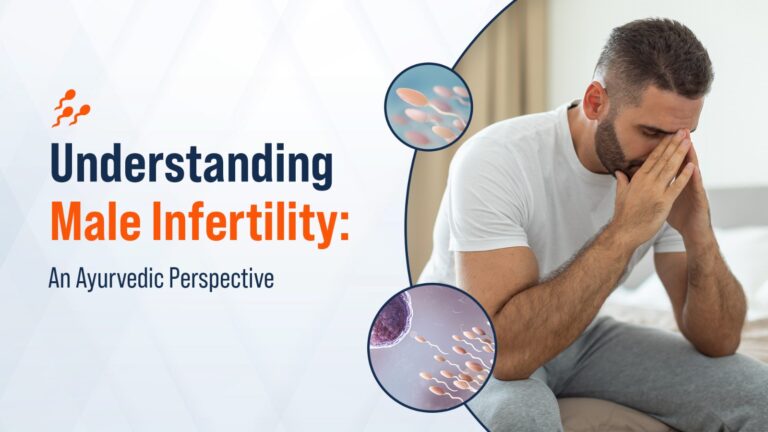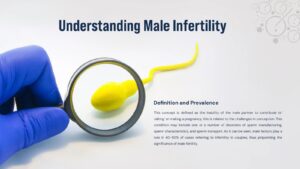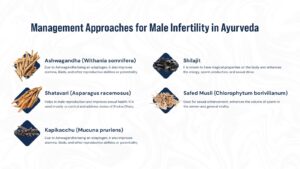Introduction
Male factor fertility is a major problem that presents itself in the infertile population intending to conceive. There are so many Options of treatment that can be given today ranging from advanced medical procedures to natural treatment methods and so on and therefore one should not be limited. It is the Ayurveda through its principles for the treatment of male infertility that can be considered as one of the valuable ancient systems of medicine originated in India. Thus, this article will discuss the Ayurvedic approach to the male infertility with reference to its causes and management patterns to have a glimpse of integrated approach along with modern science.
Understanding Male Infertility
Definition and Prevalence
This concept is defined as the inability of the male partner to contribute to ‘talking’ or making a pregnancy; this is related to the challenges in conception. This condition may include one or a number of disorders of sperm manufacturing, sperm characteristics, and sperm transport. As it can be seen, male factors play a role in 40-50% of cases referring to infertility in couples, thus pinpointing the significance of male fertility.
The causes of infertility can be identified plenty of ways, utilizing tests and examinations such as sperm test, hormonal test, and having an ultrasound. It is important that the causes for infertility in men are well understood to allow for adequate intervention that will boost the likelihood of conception.
AYURVEDIC PERSPECTIVE OF MALE INFERTILITY
Concept of Shukra Dhatu
In Ayurveda male infertility is interlinked with the theory of “Shukra Dhatu”, which is regarded as the fluid which creates reproduction. Shukra Dhatu consists of sperms and the secretion related to it, it has the main concern of fertility. Hence as per Ayurveda, Shukra dhatu is one of the most important aspects affecting the health of sperm and the generative organ.
Due to the doshas that Vata, Pitta and Kapha are, Shukra Dhatu is also believed to be impacted. As far as the sexual functions of the systems are concerned, it is believed that the doshas should be balanced in each of the partners.
Due to the doshas that Vata, Pitta and Kapha are, Shukra Dhatu is also believed to be impacted. As far as the sexual functions of the systems are concerned, it is believed that the doshas should be balanced in each of the partners.
Dosha Imbalance
In Ayurveda there are different energies in the body which are known as doshas which are Vata, Pitta and Kapha. Disruption of these doshas in the human body affects heterogeneous organs and systems of the human body including the reproductive system.
• Vata Dosha: Controls motility and desiccation. A state of Vata Dosha can cause complications with erectile dysfunction, semen dryness, or abstraction of sexual drive resulting in abnormalities in semen.
• Pitta Dosha: When Pitta dosha is predominant, there are symptoms of inflammation and overheating, and these factors can harm the sperms.
• Kapha Dosha: Disorder state of Kapha leads to an unhealthy state of Shukra Dhatu because of inadequate nutrition and hydration.
Causes of Male Infertility:
Sperm Production Issues
Hormonal Imbalances
Genetic Factors
Infections
Peritoneal adhesions and injuries- mostly due to prior surgeries or trauma, Varicocele (enlarged veins in the scrotum), Diseases & Ailments – Diabetes, Cystic fibrosis, Autoimmune diseases causing infertility in men
Causes of Male Infertility in Ayurveda
Dietary and Lifestyle Factors
Hence, it can be inferred that knowledge of medicine in terms of Ayurveda and management of diet and daily life can influence reproductive health. This is due to unhealthy diets and ill health responsible for disturbing the Shukra Dhatu and therefore childlessness befalls the couple.
Impact of Diet: It is damaging to Shukra Dhatu to take fried items, items with preservatives, coffee, and alcohol. Existing knowledge based on Ayurveda nutrition suggests that women should take foods that replenishes vitamins like fresh fruits and vegetables, nuts and seeds to enhance the reproductive system.
Effects of Lifestyle Choices: Poor physical activity can lead to blindness, improper sleep and stressful lifestyles likewise influence fertility in a couple. According to Ayurveda people should lead a balanced life for them to overcome diseases and remain healthy.
Environmental and Psychological Factors
Environmental Toxins: In this regard, various environmental agents of harm including pollutants, chemicals and toxins when encountered negatively impacts sperm quality and general well-being of male reproductive organs. The principles of Ayurveda indicate avoiding contact with toxic substances and using methods for the purification of one’s body and spirit.
Psychological Stress: Stress and any form of emotional instability are known to have havoc on the hormonal system and therefore the reproductive system. These problems ought to be managed, though the stated Ayurvedic techniques, such as meditation and stress management programs, may help such patients.
Diagnosis of male infertility through Ayurveda
Diagnosis in Ayurveda is more holistic in which the practitioner attempts to gain an overall understanding of an individual in relation to his dosha imbalance.
Pulse Diagnosis: Pulse assessment is one of the essential diagnostic tools in Ayurveda to determine the disturbed doshas and their impact on fertility.
Tongue Examination: The color and coating of the tongue express much about the state of the internal organ and health status.
Comprehensive Health History: The history taken from the patient including the diet, lifestyle and the general health history assist in determining the right treatment method.
Management Approaches for Male Infertility in Ayurveda
Ashwagandha (Withania somnifera): Due to Ashwagandha being an adaptogen, it also improves stamina, libido, and other reproductive abilities or potentiality.
Shatavari (Asparagus racemosus): Helps in male reproduction and improves sexual health. It is used mostly to control and address states of Shukra Dhatu.
Kapikacchu (Mucuna pruriens): Increases the libido and improves sperm motility. This one has a positive impact on the reproductive system of the body according to different studies.
Shilajit: It is known to have magical properties on the body and enhances the energy, sperm production, and sexual drive.
Safed Musli (Chlorophytum borivilianum): Used for sexual enhancement, enhances the volume of sperm in the semen and general vitality.
Panchakarma Therapies:
Virechana (Purgation Therapy): Help in purging the system and support the doshas. This is therapy that employs the administration of herbs in the elimination of the bowels.
Basti (Enema Therapy): This balances Vata dosha and increases the reproductive system. This therapy includes the use of herbal enema for purgation and cleansing as well as feeding the body.
Abhyanga (Oil Massage): The massages with oil help stimulate blood supply, energy production and general health of the individual. It is also useful in reconciling doshas and fertility issues.
Dietary Recommendations
Nutrient-Rich Foods: Include foods for Shukra Dhatu in the diet including nuts, almonds, walnuts, pumpkin seeds and fresh fruits & fresh vegetables. They contribute to the provisions of various nutrients to the body and enhance the reproductive aspects of a person.
Beneficial Spices and Herbs: The best ones for increasing the ability to reproduce according to Ayurveda are Ashwagandha (Withania somnifera), Shatavari (Asparagus racemosus) as well as Kapikacchu (Mucuna pruriens).
Lifestyle Modifications
Exercise and Yoga: Therefore, exercise and yoga are beneficial actions to achieving better health of the human organism and their sexual reproduction. Other forms of Yoga include; Pranayama (breathing exercises) and meditation and it can reduce stress as well as balance doshas.
Stress Management Techniques: Another effect of stress is the hormonal fluctuation, and any technique that might help lower stress includes; meditation, deep breath, and other mind controlling activities.
Importance of Adequate Sleep: The health and fertility stressed that quality and quantity sleep is very crucial in the well-being of any human being.
Prevention and Maintenance
Healthy Lifestyle Choices
Balanced Diet: Creating a healthy diet plan is the most effective way towards achieving improved health and well being. To reduce the intake of unhealthy nutrients then as much as possible foods that include refined grains have to be avoided, whole foods that contain high fiber have to be included in plenty including fruits, vegetables and healthy fats in proportions.
Regular Health Check-Ups: It is recommended to have the examinations performed from time to time by a doctor, to detect any issues concerning reproductive health.
Long-Term Strategies: The various bad lifestyle dimensions such as stress, lack of exercise and bad diet in the long-term should be avoided and the best practice should be embraced in order to protect one’s reproductive health.
Conclusion
Based on the premises of Ayurveda, male infertility treatment is systematic and aimed at the removal of the pathogen of the disease and the creation of a healthy lifestyle. By employing dietary practices and life changes that feature as the primary modalities of ayurveda and other natural systems of medicinal therapy, it is possible to integrate this strategy with the other traditional techniques that are in place to boost human fertility. In this regard, it is suggested to consult an expert Ayurvedic doctor for the specific line of treatment and guidelines. This implies that if a society decides to practice and incorporate this ancient healing art known as Ayurveda together with the modern practices in medicine, people can be in a position to enhance their fertility and achieve the kind of body fitness that is most appropriate.


















